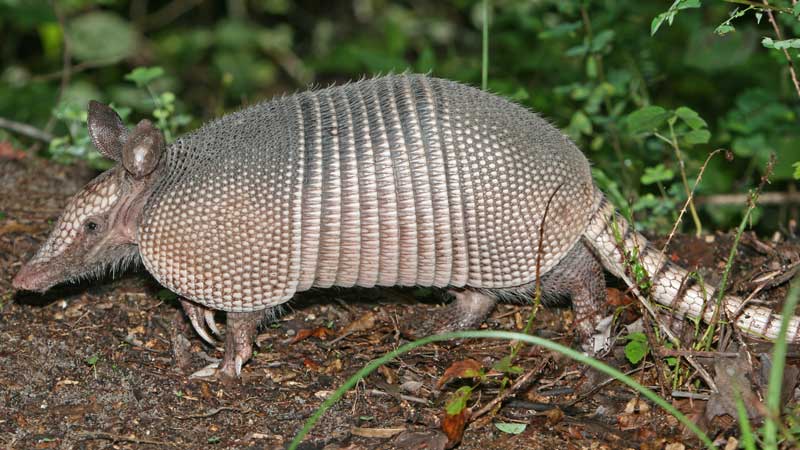Since October 1, hunting has been illegal on the island country of Trinidad and Tobago. After 140,000 of the nation’s wild animals, some endangered, were hunted and killed during a three-year period, Minister of the Environment and Water Resources Ganga Singh . Violations were met with fines of up to $100,000 and the possibility of jail time.
But now the nations hunters are beginning to fight back and vow that they will get the ban overturned. A high court ruling will be handed down in February that could overturn the law and send the hunters back into the wild.
Proponents of the practice argue that hunting with dogs is a time-honored tradition that builds community bonds and is a source of income for thousands. The meat of the lappe, a large rodent, sells for $19 a pound.
Hunters also insist that the ban has allowed poachers and timber thieves to penetrate deeper into the wild. “I tell you, the poachers can hunt day and night now, and the marijuana farmers are setting up trap guns wherever they want,” says 86-year-old Shackeer Mohammed, head of a local hunting association, . “But the sports hunters, we’re the ones made into outlaws.”
Sing still insists that the ban is allowing for a long-overdue survey of the country’s wildlife and that officers have been “vigorously patrolling the forests.” Nonetheless hunters are determined to fight the ban and have vowed to make the government pay during national elections next year.


